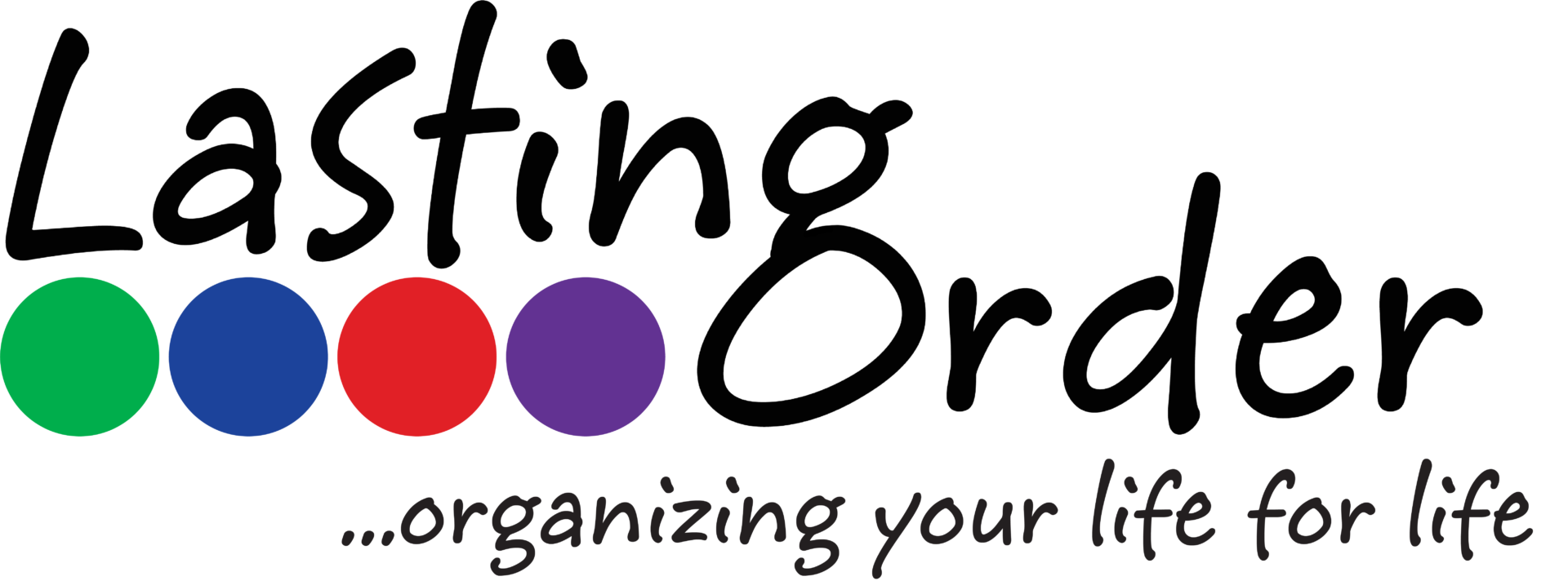
I recently listened to a teleclass called Minimalism: An Introduction to Freedom. It was presented by Joshua Becker, founder of www.BecomingMinimalist.com. Although I would never tell anyone they should become a minimalist, I couldn't help but think about how the benefits and strategies of minimalism could help many of our clients who just want to "get organized".
First of all, what is minimalism?
According to Becker, Minimalism is the intentional promotion of the things we most value and the removal of anything that distracts us from it. Of course, this can mean different things to different people. Some of the more "famous" minimalists took these words to the extreme. One sold everything he owned except for 100 things. Another moved into a 128 square foot house. Still another, lives in a cave in Utah with no money. Again, I am not recommending that anyone do this!
However, the benefits of minimalism can also be reaped just by de-cluttering and organizing the things you have. Some of the benefits that Joshua talks about are: less stress, less distraction, fewer decisions, more freedom, more space, more time, more money, more contentment, and more gratitude.
De-Cluttering
De-cluttering, which begins with getting rid of the things that you do not need, use, or love will definitely give you less stress. less distraction, and more space. Just imagine being in a space where the counter tops are not full of "stuff" and where the drawers, cabinets, and closets are not so full that you don't even know what's inside. Knowing what you have and where it is will give you that feeling of calm.
Putting the things you kept back in an organized manner will save you time and money. When you know where everything is, you don't have to go out and buy something that you already have. You will also save time because since you know what you have and where it is, you won't need to always be looking for that special something.
Strategies for Organizing
Several strategies for getting started with minimalism can also be used to organize your space. Joshua recommends to start easy, tell somebody, and slow the accumulation with boundaries.
How do you "start easy"? Well, do not begin your organizing task with things that are sentimental to you. Instead, you should begin by looking at clothes that are not worn, kitchen gadgets that you do not use, or decorations that you no longer love. Once you go through the easy things, it will be easier to make decisions about the harder things.
Telling somebody helps hold you accountable. By telling a friend or family member that you are going to start "getting organized", they can check in with you on a regular basis to see how you are doing. You will be more motivated to keep going because you know that someone is watching you and wanting to see your results.
Set Boundaries
Lastly, and this is my favorite, slow the accumulation with boundaries. What does this mean? A boundary can be a room, a closet, or even a storage bin. You get to decide what the boundary is, but then you have to hold yourself to it. For example, if you have a toy room, that is your boundary for toys. You can only have as many toys that fit neatly in that room. Once there are so many toys and they start appearing in other rooms, it is time to purge.
Hopefully these benefits and strategies of minimalism will help you get started in your quest to "get organized". If not, you can always call us and we will be glad to help.
